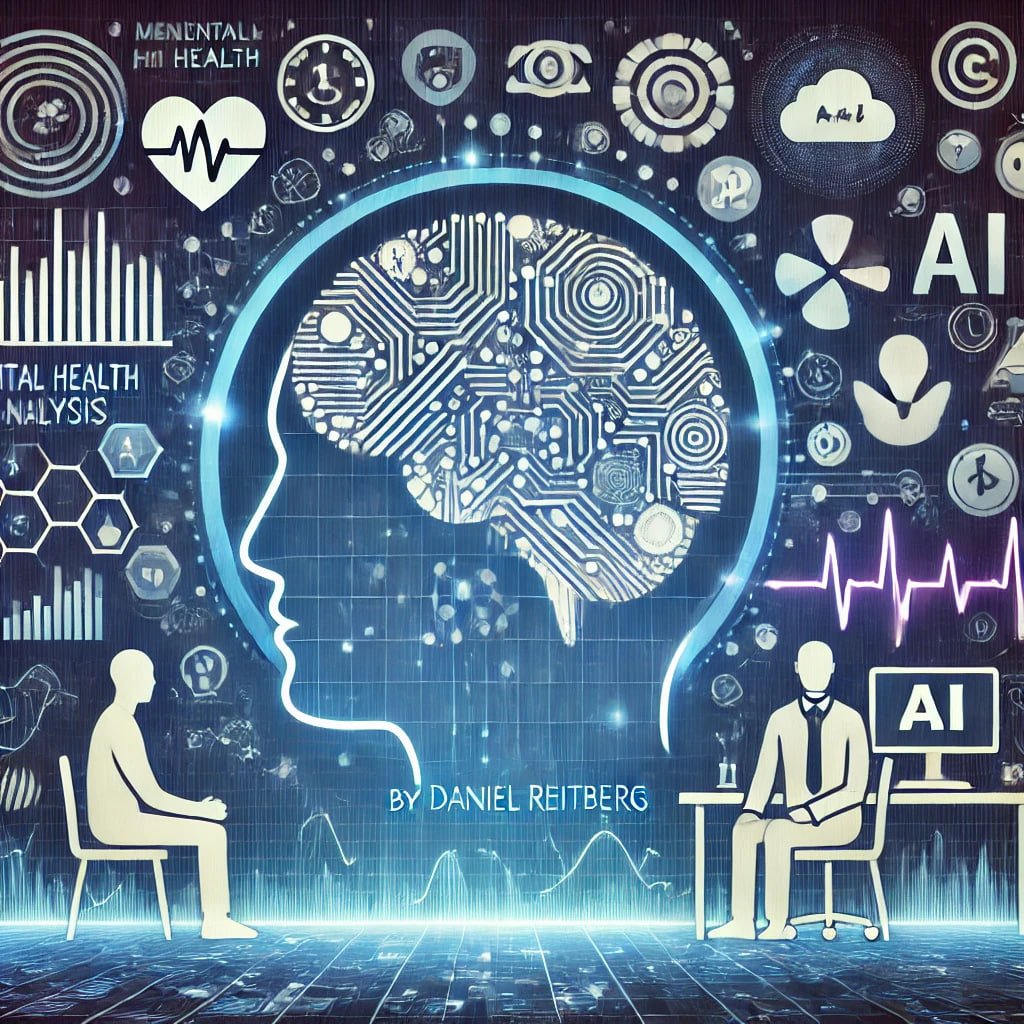AI is becoming useful in mental health, especially in behavioral analysis and intervention. Woebot and Ginger leverage AI to give real-time psychotherapy and CBT using chatbots. AI systems monitor user interactions to detect mental distress and deliver individualized stress, anxiety, and depression management advice.
AI is helping fill mental health care gaps, especially in areas without professional services, by providing rapid support. Woebot engages users in therapeutic chats using natural language processing to adapt therapies based on response patterns. Ginger’s AI-powered technology connects people with therapists 24/7.
AI’s ability to quickly process and analyze massive amounts of data lets it spot mental health issues that traditional methods may miss. Early detection and management may prevent more serious mental health problems. Over time, AI solutions can learn from user interactions and become more successful.
AI in mental health goes beyond chatbots. AI-powered wearables and smartphone apps can track heart rate, sleep habits, and behavioral data to create a complete mental health picture. These holistic methods enable more precise assessments and individualized care regimens.
AI in mental health treatment reduces stigma around seeking help. An AI may make users more comfortable sharing their difficulties, leading to more honest disclosures and better therapy. AI-driven platforms can scale to serve many users at once, making mental health support more accessible.
AI is revolutionizing mental health with revolutionary behavioral analysis and intervention technologies. AI can improve global mental health outcomes by providing personalized, accessible, and instantaneous help, making mental health care more efficient and effective. As AI technology advances, its involvement in mental health treatment may expand, increasing its potential to improve lives.
